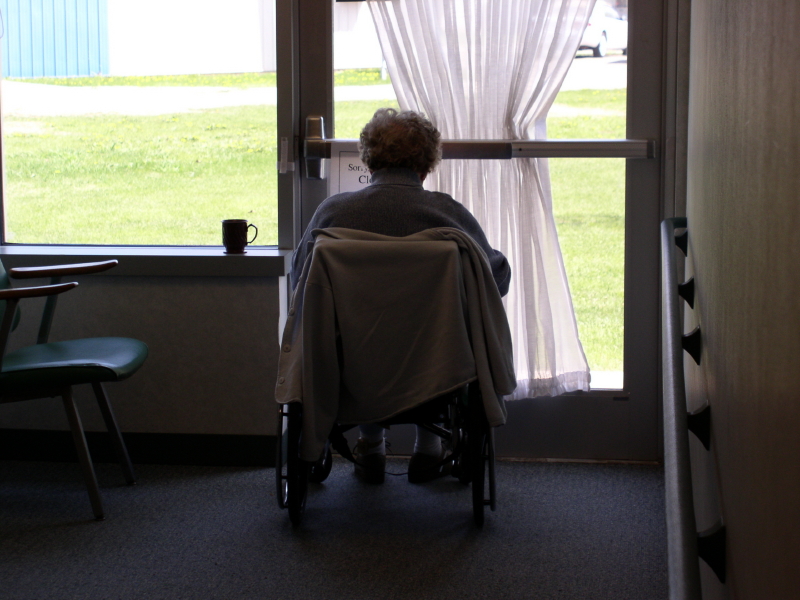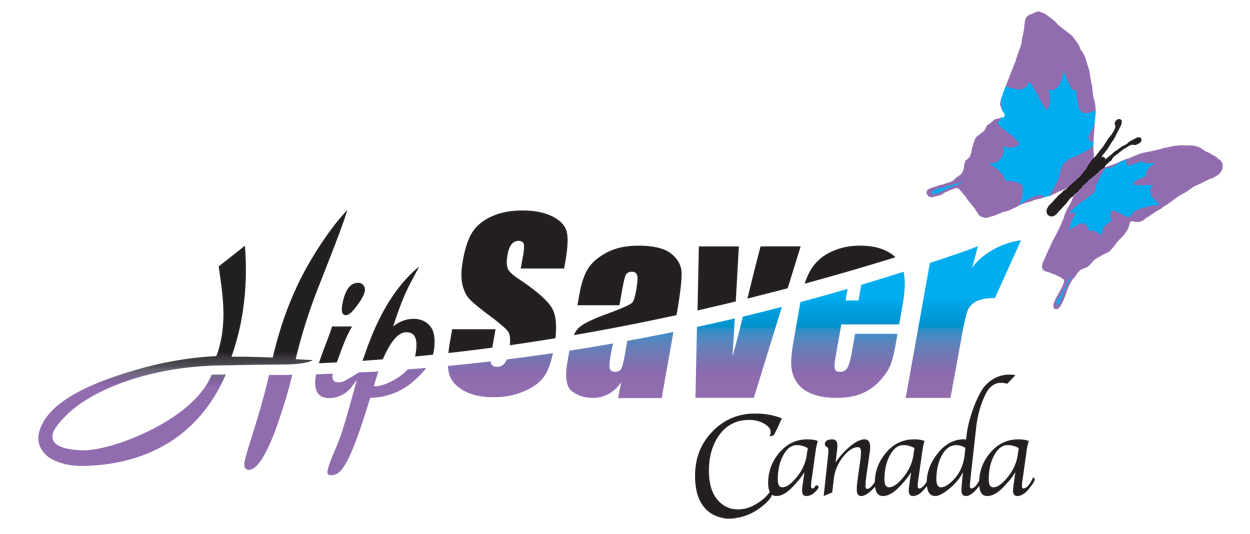A new study conducted by Victoria Tang of the University of Southern California School of Medicine is highlighting the importance of protecting our aging seniors from hip fracture. Tang’s study compared the physical condition and ability of 733 seniors aged 65+ both before and after a hip fracture and found that for most a full recovery is doubtful.
The study looked at the ability of the subjects to care for themselves (bathing, eating. toileting) and to climb stairs and walk around the block. Of those in the study who had been completely independent with their activities of daily living prior to the hip fracture, only 36% returned to their full independence while 27% required assistance with activities of daily living and the remaining 37% died.
These results highlight the need for physicians and family members to recognize that ¼ of seniors 65+ fall each year and, while the fall itself cannot always to prevented, it’s prudent to take proactive steps to guard against fall injuries. Despite the availability of products like hip protectors, many community dwelling seniors are reluctant to wear anything that makes them feel different despite the convenience of discreet models. Thinking that it won’t happen to you doesn’t guarantee that you will be in the minority that recover well enough to continue living independently. Furthermore, thinking that we’re 30-something doesn’t make any of us a day less than 60-something and subject to the challenges of aging.
While some jurisdictions like the Fraser Health Authority and Interior Health Authority in western Canada have championed the reduction of hip fractures effectively in their long term care facilities through the use of hip protectors, non-slip socks, fall mats and low beds other jurisdictions are still scratching their heads wondering what works or attempting to develop their own products. In Ontario, for instance, despite hip protectors being a best practice recommendation of the RNAO and Osteoporosis Canada, hospitals and long term care facilities remain slow to accept the need to prevent injuries from falls in high risk populations preferring to focus on preventing falls themselves. (LTC residents are 2 -4 times more likely to fall than community dwellers of similar age) This proves difficult when staffing levels don’t allow for walking and exercise programs to keep patients ambulatory and strong.
Polypharmacy, which is defined in some circles as taking four or more drugs while others prefer to use the term to refer to taking more drugs than are clinically indicated, is a risk that needs to be monitored more closely in both community dwelling and LTC residents as it is a contributor to falls. Bohemian Polypharmacy is an interesting video that looks at this issue and notes clinical study references. A current list of all medications, including prescriptions and over the counter plus herbal remedies such as teas, should always be kept handy. Bring it to every doctor appointment and review it, especially when new drugs are added or doses changed. Make your own or create a free membership at The Oldish to access the Medication Checklist in the Toolkit.
Falls are serious business in aging populations whether they live in the community or in long term care. While many falls happen indoors at any time of year winter is approaching in many parts of the world and outdoor movement can become immensely challenging. Quality of life can change in a heartbeat and thinking proactively about the risks in your environment makes all the difference. Consider the following:
- Replace old, worn out slippers with new, non-slip slippers
- Check your environment for trip hazards like cords and throw rugs
- Make it a habit to turn on lights as dusk approaches
- Make it a habit to turn on lights when you get up in the night to use the bathroom
- Wear hip protectors 24/7
- Make a list of all drugs and keep it current
- Pay attention to storm warnings so that you can have a sufficient supply of food and prescriptions to tide you over while staying indoors
- Don’t be shy – call family and neighbours if you need help, a ride to the store or a task completed that puts you at risk
- A membership to The Oldish is free and in the Toolkit you will have access to not only the Medication Checklist but home safety checklists and exercise videos developed by doctors and generously provided to us







Add Your Voice
0 Comments
Join the Discussion